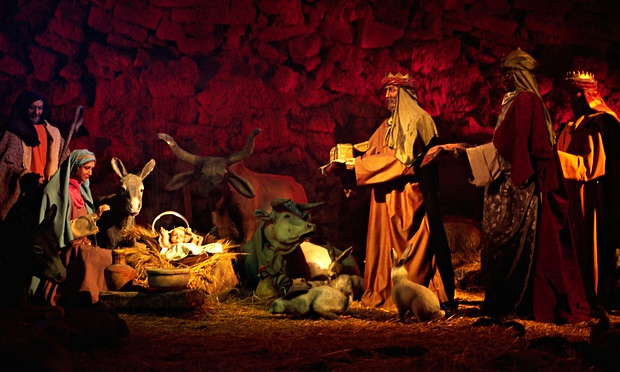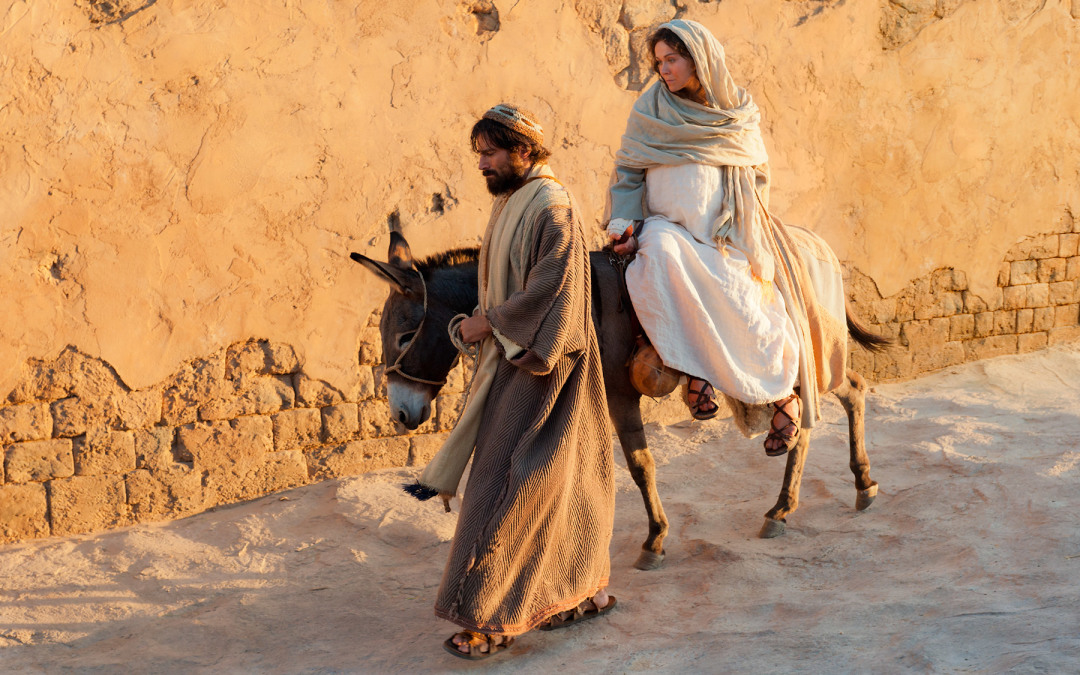
We often hear the Feast of the Epiphany being called ‘the Feast of the Three Kings’. Yet, the Bible does not mention that they were kings nor that there were three of them! But tradition goes on telling us this and telling us something else as well. Yes, it speaks of the three very special gifts that those Wise Men – for they were really so – brought to the new-born Child. We are told that they offered him gold, incense, and myrrh.
On December 31st, we were looking at the past year and all that the Lord has gifted us with! And today, our celebration speaks again of gifts. This word is very much part of our daily experiences. We buy birthday gifts, we exchange Christmas gifts, we present graduation gifts, and wedding gifts must be given to the newly-wed couple. The list could go on for other special occasions.
Suddenly, I ask myself: Is there a list of gifts for… God? Not many people would have some gold hidden somewhere in their house. Incense is used in church, sometimes too by a few people who say they want to ‘feel zen’! As for myrrh, well even the word itself is a little strange…
What can be offered to God? I found my own answer: the very gifts that he, himself, has given us.
So, today I offer him my intelligence so I may come to know him better.
I present him with my imagination and the creativity he has placed within me.
I give him my will so that he may attune it to his will.
To these, I add my memory and all the wonderful things preciously stored there.
Of course, the health he has blessed me with, the healing after some sickness, the safe journeys, the happy occasions, the fruitful ventures,
the kind people around me, the helpful neighbours and faithful friends, and…
Here… I leave it to you to complete your list while I keep on silently unfolding my other gifts before the Lord……………

 But on January 1st, the Church invites believers and all people of good will to pray for Peace and to commit themselves to attitudes that promote PEACE wherever they live and work. For this year’s Day of Peace, Pope Francis has this to say:
But on January 1st, the Church invites believers and all people of good will to pray for Peace and to commit themselves to attitudes that promote PEACE wherever they live and work. For this year’s Day of Peace, Pope Francis has this to say: They demonstrate our capacity to show solidarity and to rise above self-interest, apathy and indifference in the face of critical situations. (…)
They demonstrate our capacity to show solidarity and to rise above self-interest, apathy and indifference in the face of critical situations. (…) « I will bless them… »
« I will bless them… »




 Solidarity refers to a union of interests, purposes or sympathies among members of a group. In the Millennium Declaration world leaders agreed that solidarity was a value that was important to international relations in the 21st century. In light of globalization and growing inequality, the UN realized that strong international solidarity and cooperation was needed to achieve its Millennium Development Goals. The UN was founded on the idea unity and harmony via the concept of collective security that relies on its members’ solidarity to unite for international peace and security.
Solidarity refers to a union of interests, purposes or sympathies among members of a group. In the Millennium Declaration world leaders agreed that solidarity was a value that was important to international relations in the 21st century. In light of globalization and growing inequality, the UN realized that strong international solidarity and cooperation was needed to achieve its Millennium Development Goals. The UN was founded on the idea unity and harmony via the concept of collective security that relies on its members’ solidarity to unite for international peace and security.